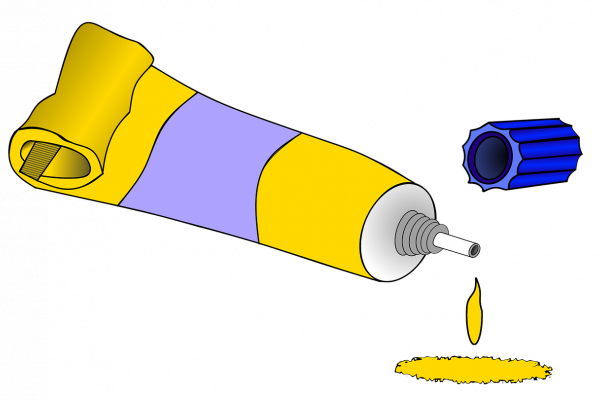Superglue could be used to recycle plastic into more useful products
Interviews with Scientists
Interviews about medicine, science, technology and engineering with scientists and researchers internationally...
This week Cambridge researchers identified the first biomarker for major, or clinical, depression.
Closing the show from New Zeland with some Kiwi jokes.
How researching Huntington’s Disease is also helping us to grasp the incredible scale of complexity of the human brain.
Growing brain cells in a petri dish to form a brain network. How similar these cells are to a conscious, living human...
A bank of hundreds of frozen human brains from Huntington’s Disease patients, and also healthy controls. What do they...
How a bank of frozen human brains is acting as a reference library, how a Hindu resolves conflicting religious and...
How do large oil spills such as the Deepwater Horizon disaster impact Tuna fish?
How do children learn language and why is 'motherese', the sing song voice we speak to children in, important?
Why do some children's language skills progress more quickly than others? And could a child's background...
Are video games helping or halting our children's brains?
Could computers ever have the power to predict our emotions and change them? or even to read our minds?
UK Science Minister, David Willetts addresses the AAAS Meeting in Chicago, 2014
Should scientists resort to propaganda? How do governments decide what research is funded? Join the live panel...
Our gene of the month is Escargot, named after the French word for snail, but also known by the less exotic name...
An astonishing 7 million tons of food and drink is thrown out in the UK every year. We dig into this waste.
Refrigeration may be a bigger environmental issue than transporting food around the country...
We take a look back at the last 100 years of radio...
We have to get our food from where it’s grown to where we buy it and to our houses. What can we do to try and reduce...
Examining Chris' shopping bag to find out the carbon footprint of his weekly shop.
At the University of Manchester, Professor Matthew Cobb and his team are studying how maggots smell things.
Scientists have analysed the genome of an 11,000 year old contagious dog genital cancer.
Scientists have used genetic analysis to wind the evolutionary clock back on the history of dogs
Researchers have carried out a small but successful trial of gene therapy for a type of blindness.
Stuart Firestein, Professor of Biology at Columbia University, explained to me how our sense of smell works, and why it...
